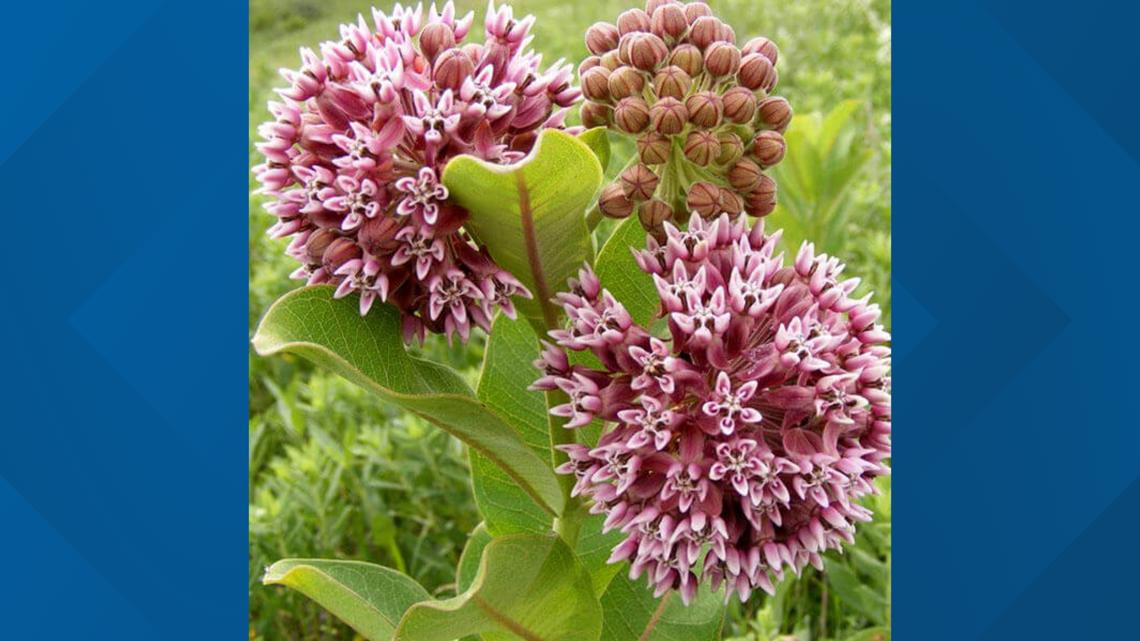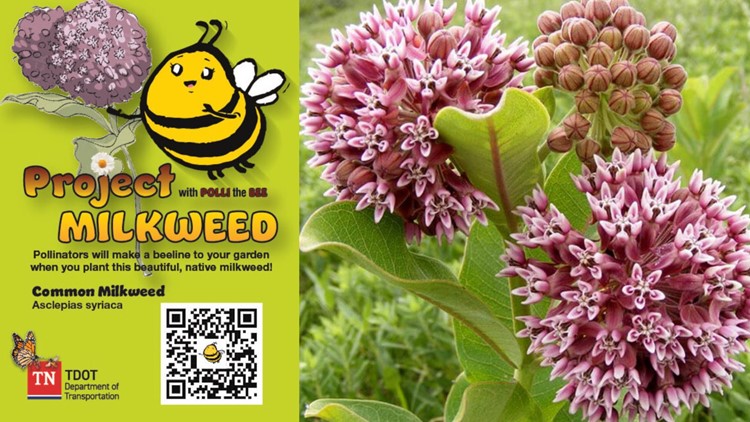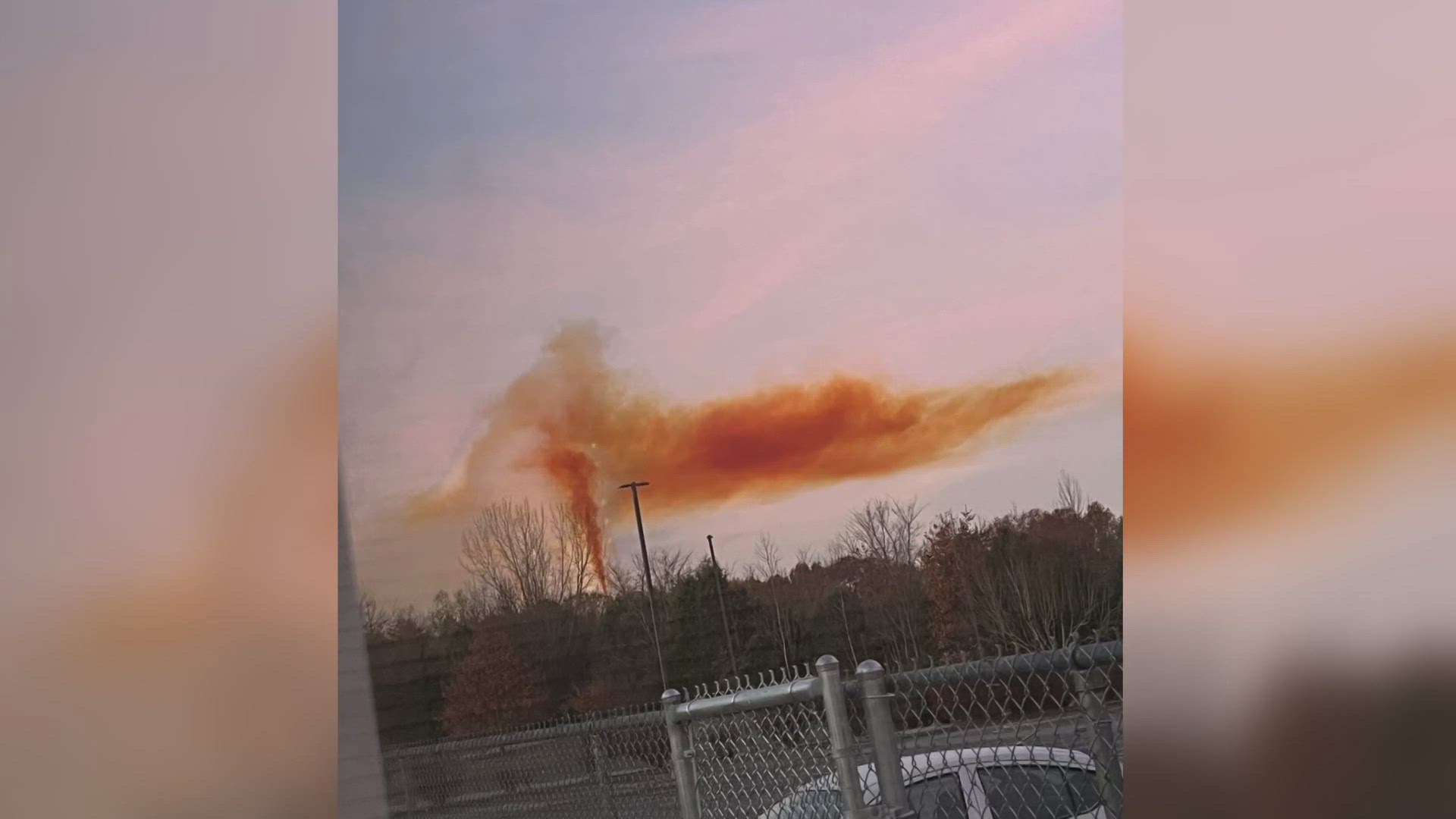KNOXVILLE, Tenn. — June 17 kicks off National Pollinator Week and the Tennessee Department of Transportation wants to help restore and preserve habitats of Monarch butterflies and other pollinators.
People interested in helping out can sign up to receive a free shipment of milkweed seeds, according to TDOT.
"Last year, Project Milkweed distributed 779,601 seed packets across Tennessee," TDOT said in a release. "Plant species and seed material quantities are being offered like last year, with a maximum of 350,000 seed packets available for free to Tennessee residents."
TDOT said the orders will be filled only as supplies last and can be placed on its website.
The project is a subset of TDOT's Pollinator Habitat Program, a partnership between different state agencies and nonprofits that tries to conserve native pollinators and pollinator habitats. The program was created in 2017 in response to declining populations of pollinator species due to habitat loss, pests and pathogens, exposure to pesticides and other stressors, TDOT said.
"The program includes a multi-agency working group and partnership with the Tennessee Department of Environment and Conservation (TDEC), the Tennessee Department of Agriculture (TDA), and the Tennessee Wildlife Resource Agency (TWRA)," according to the department.
The goal of the project is to restore and preserve habitats for numerous pollinator species through the planting of milkweed.
"Project Milkweed benefits a variety of pollinators, but most notably the threatened monarch butterfly, which exclusively uses milkweed as a host plant for laying eggs and hatching its caterpillars," TDOT said.

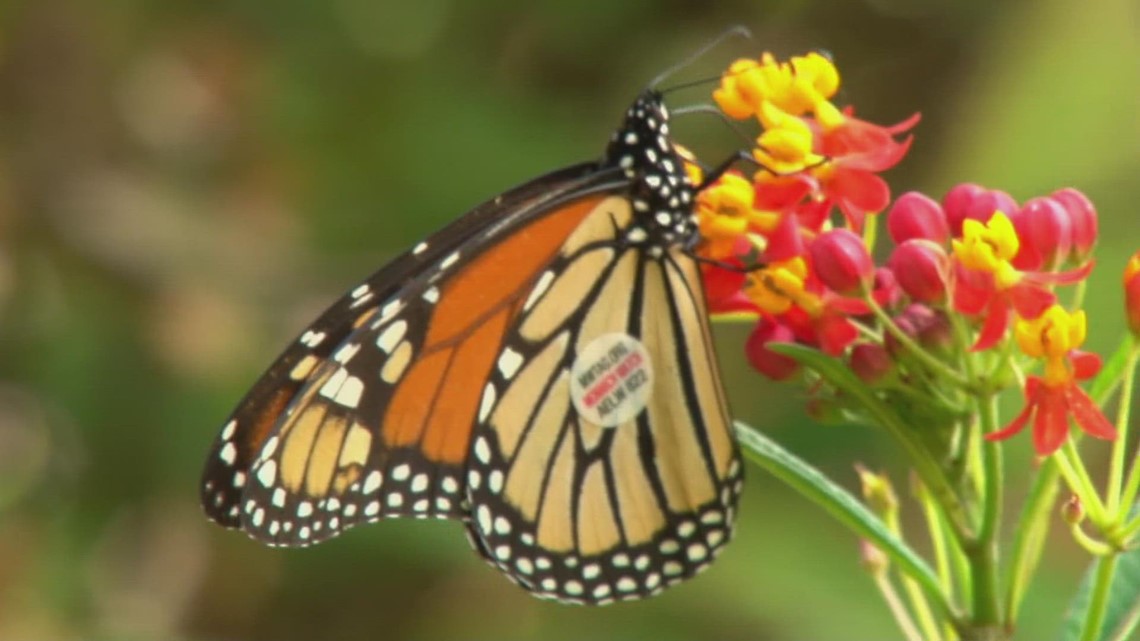
Milkweed is a flowering plant that is crucial for supporting monarch butterflies, giving them a place to lay eggs as well as providing food for larvae and caterpillars. However, TDOT said both monarch butterfly populations and milkweed habitats have seen a 90% decline since 1992.
The department said in order to germinate successfully, it is recommended that milkweed seeds be planted before Oct. 15.
There are two different species of milkweed to choose from, one for larger gardens and the other for smaller ones.
Red Milkweed - small gardens
Also known as Swamp Milkweed, it is typically found in swamps — as the name suggests. However, this species can also be found in river bottomlands and wet meadows.
These low-maintenance flowers are very attractive to butterflies as a nectar source, with red milkweed also being an important food source for the larval stage of Monarch butterflies, TDOT said.

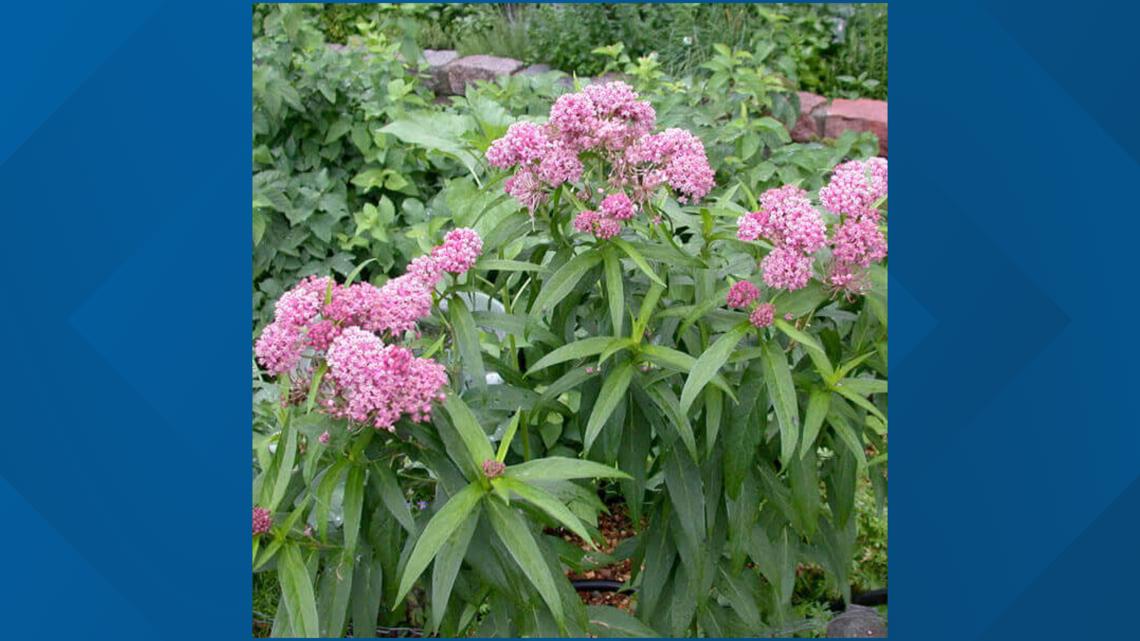
Common Milkweed - large areas
This species is often found in fields, open woods, roadsides and along railroad tracks, TDOT said.
"Seed pods are valued in dried flower arrangements," the department said. "Flowers are a nectar source for many butterflies and leaves are a food source for monarch butterfly larvae."
The department also said this species is very aggressive, often spreading rapidly and forming extensive colonies in the wild which provide great benefits to Monarch butterflies and other butterfly species.

